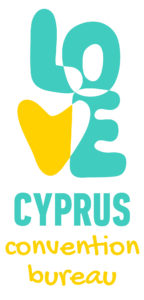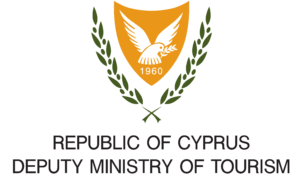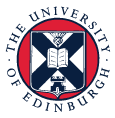Neo-PRISM-C
MARIE SKŁODOWSKA-CURIE INNOVATIVE TRAINING NETWORK (ITN), Grant Agreement No. 813546
WELCOME
Welcome to the website of the Neo-PRISM-C, a four-year project funded by the European Union Horizon 2020 Program (H2020-MSCA-ITN-2018) under the Marie Skłodowska-Curie Innovative Training Network (Grant Agreement No. 813546) (2019-2023; Total budget €4 million). Neo-PRISM-C aims to study neurodevelopmental disorders (NDD), which emerge early in development and result in long-term disability, compromising the quality of life of millions of Europeans. The purpose of the Neo-PRISM-C ETN is to train Early Stage Researchers (ESRs) from multiple disciplines (psychology, neuroscience, data science) in applying the Research Domain Criteria approach, a novel framework for understanding psychopathology, to the study of the mechanisms of NDD, in order to inform and begin to test appropriate treatments. Neo-PRISM-C is expected to further understanding of NDD and improve the competitiveness of EU health professionals and scholars, providing the market with highly-skilled researchers and clinicians.
Prof. Timothy C. Papadopoulos
Project Coordinator
AGENDA
Final Conference
31 May - 3 June, 2023
6th Training Workshop on Career Development Plan (CDP)
21 - 23 September, 2022
5th Training Workshop on Social Processes
30 March - 1 April, 2022
4th Training Workshop on Valence and Arousal Systems
10 - 12 November, 2021
3rd Training Workshop on Cognitive Systems II
22 - 24 September, 2021
2nd Training Workshop on Cognitive Systems I
11 - 13 November, 2020
1st Training Workshop on Methods
18 - 22 March, 2020 (Postponed)
02 - 05 September, 2020
Fall School
03 - 06 October, 2019
Kick-Off Meeting
15 & 16 February, 2019



















